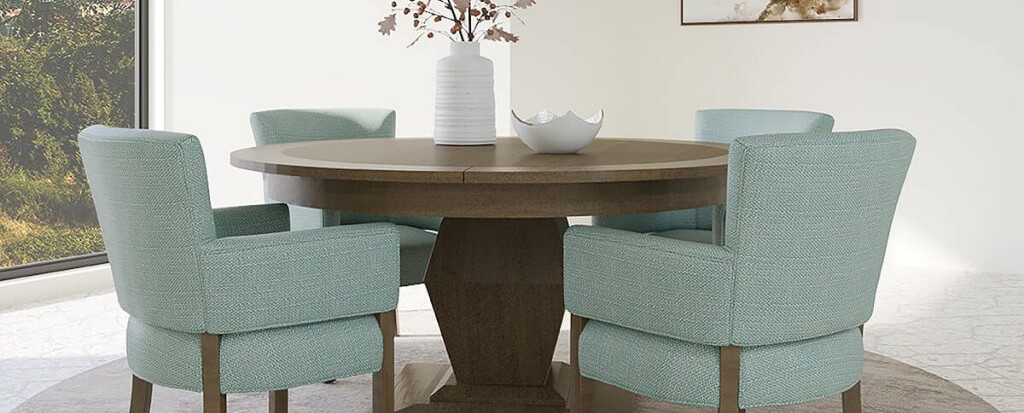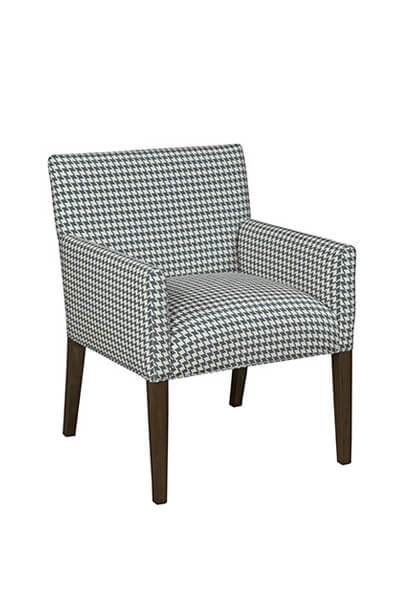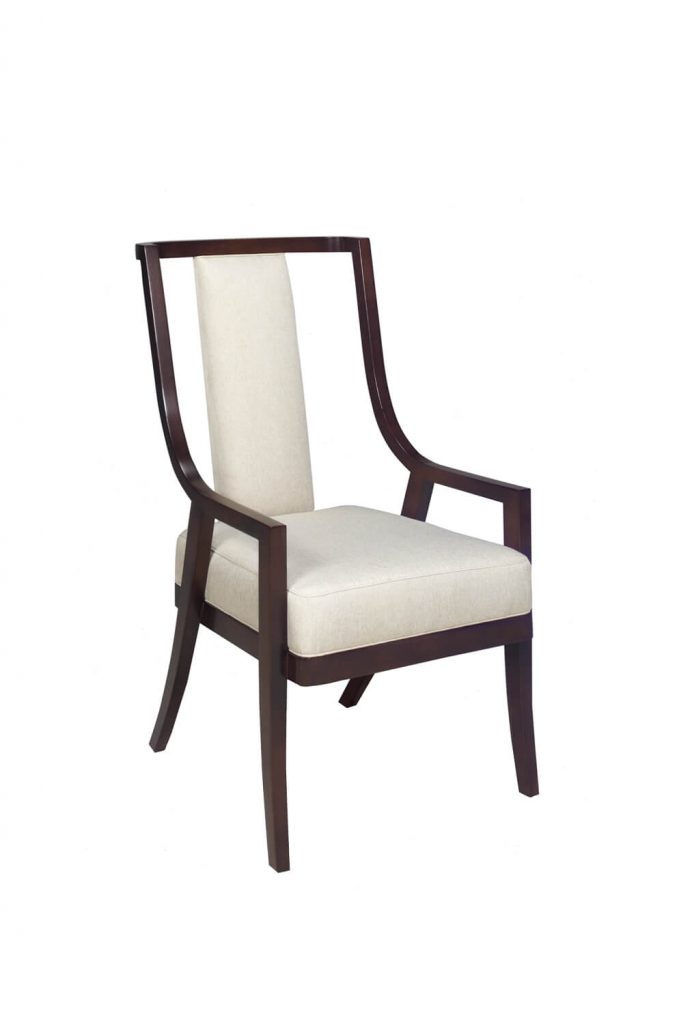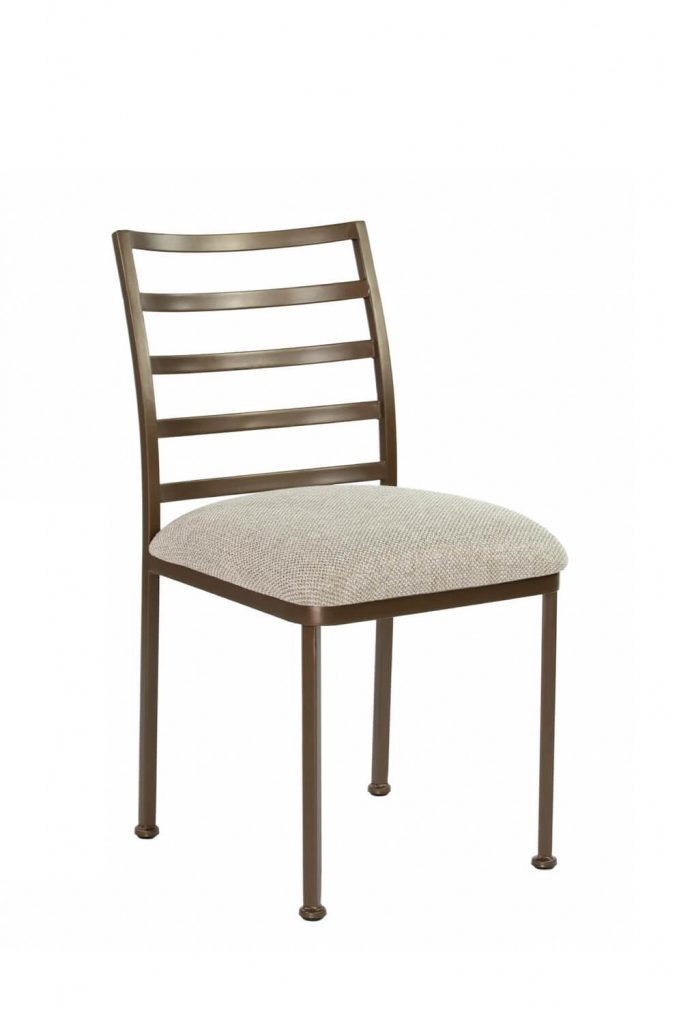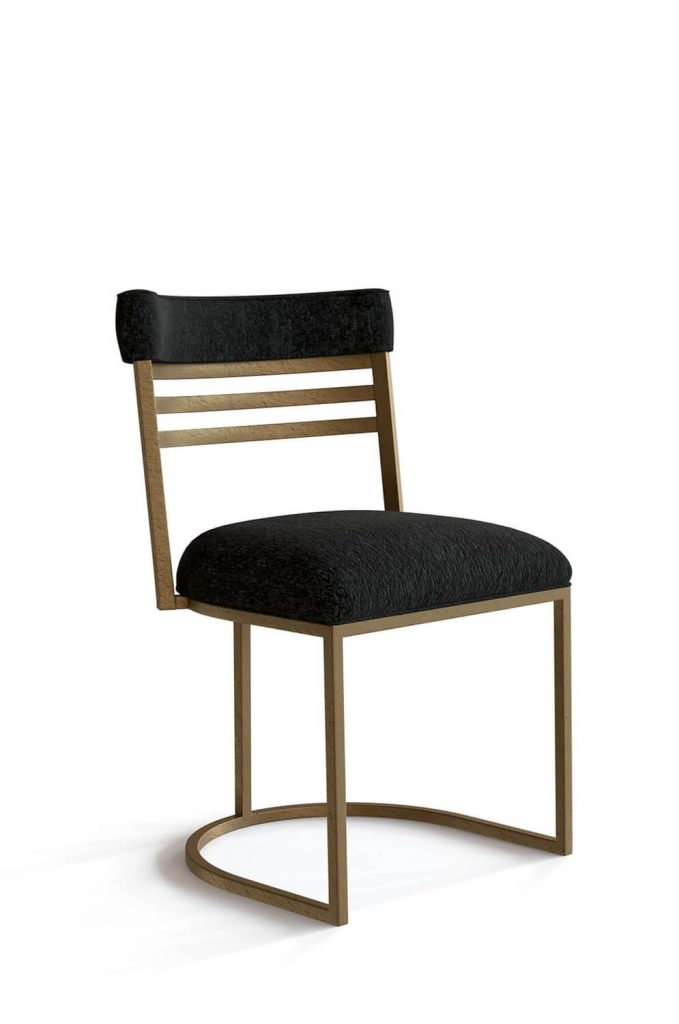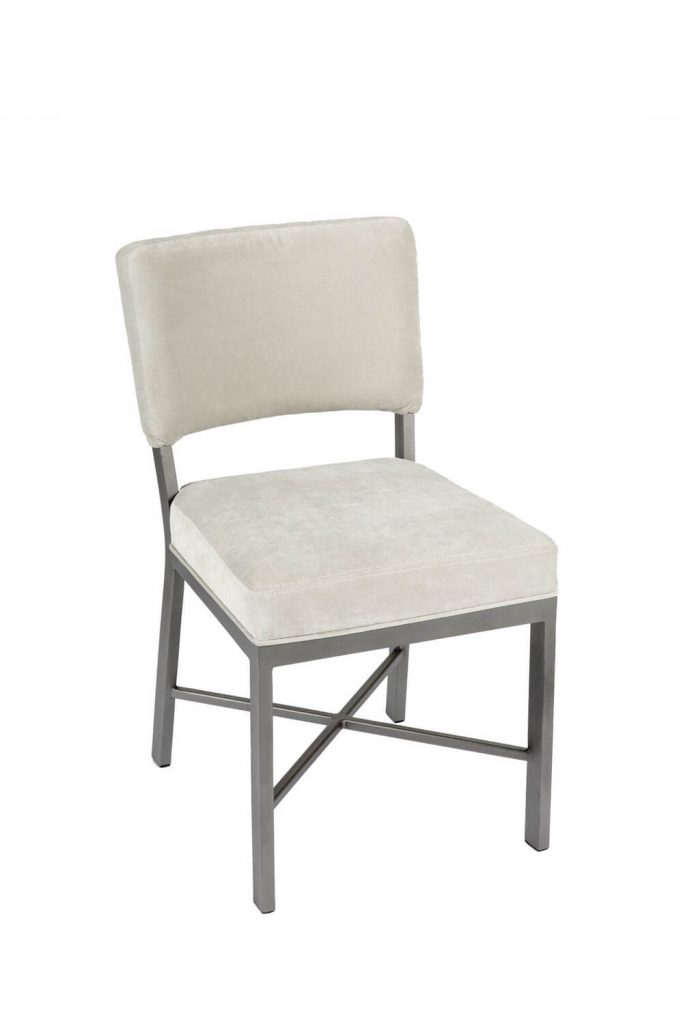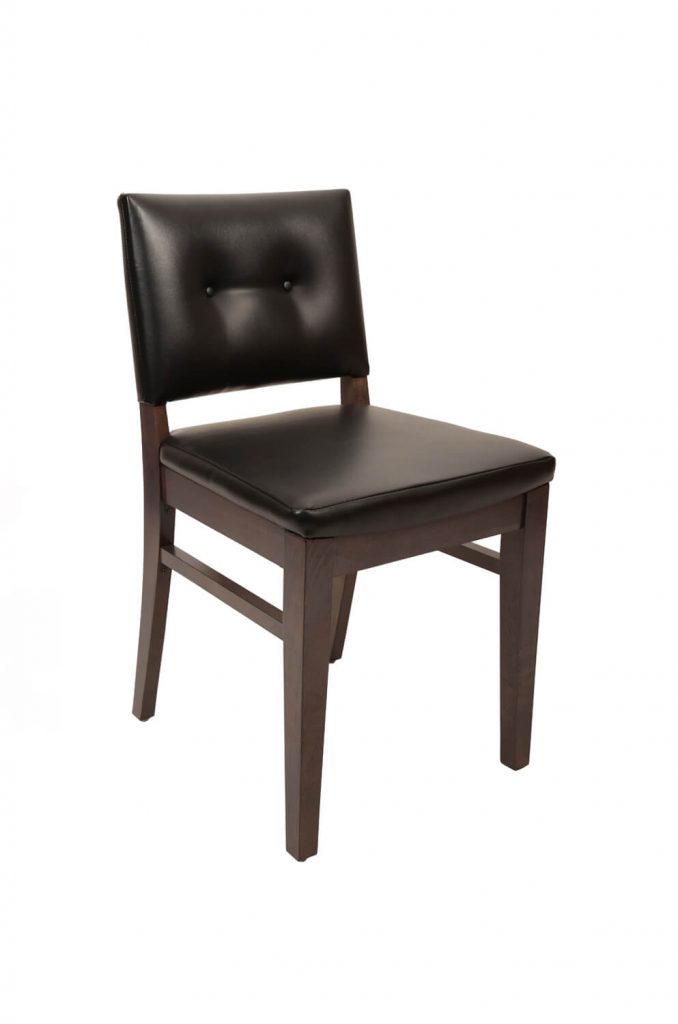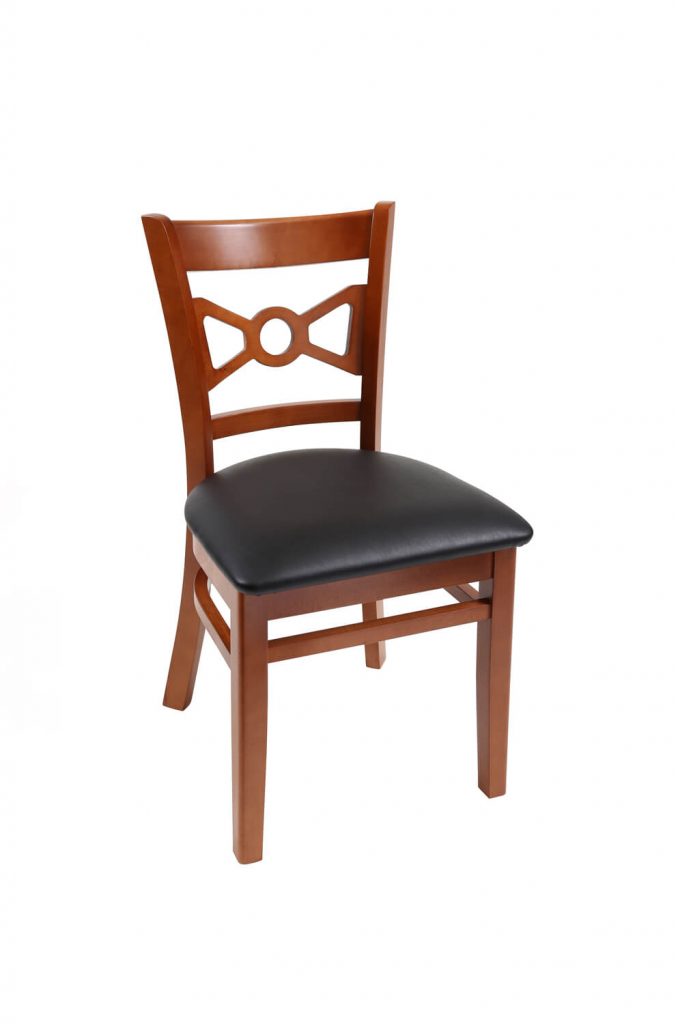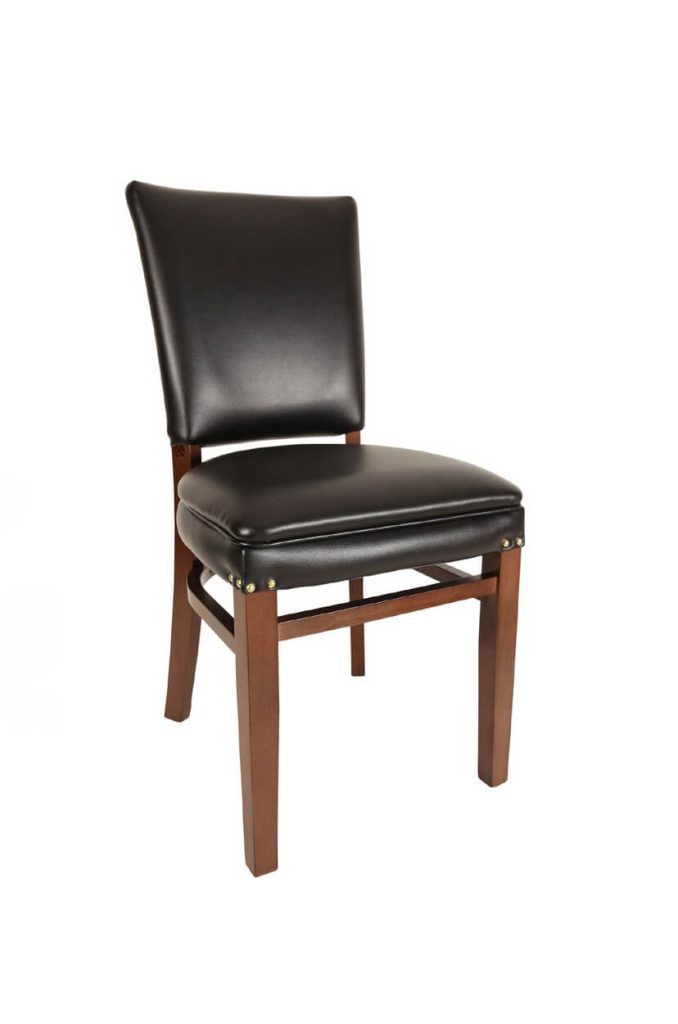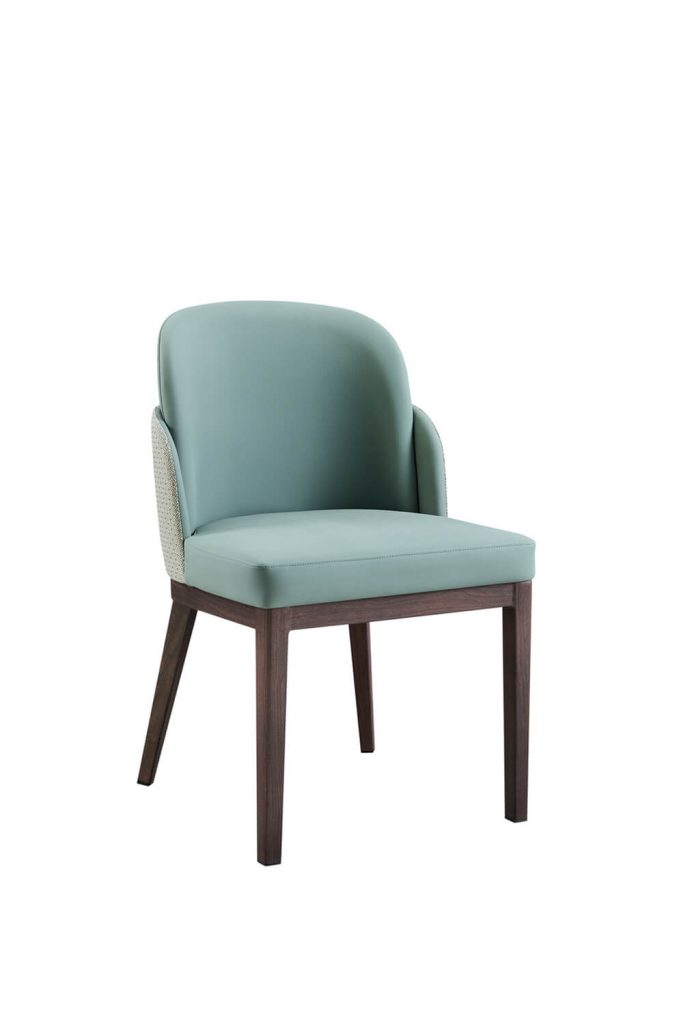Summary Choosing dining chair fabric comes down to durability, maintenance, comfort, style, and budget. Natural fabrics offer breathability and classic appeal, synthetic fabrics provide stain resistance and easy care, and blended fabrics balance both. The right choice depends on how the chairs are used, who uses them, and the look you want to achieve.
How to Choose the Right Fabric for Dining and Club Chairs
hen shopping for dining chairs or club chairs, selecting the right fabric is crucial.
In this article, we will explore various fabric types, detailing the advantages and drawbacks of each, alongside current fabric trends.
Our goal is to equip you with the knowledge needed to confidently choose the fabric that best suits your needs and preferences.
Types of Dining Chair Upholstery Fabric
Natural Fabrics
- Origin: Derived from animal or plant fibers.
- Examples: Cotton, linen, silk, wool.
- Pros: Breathable, durable, soft, eco-friendly.
- Cons: More susceptible to staining and fading.
- Ideal for: Those seeking eco-friendly and comfortable upholstery with a classic appeal.
Synthetic Fabrics
- Origin: Man-made materials designed to mimic natural fabrics.
- Examples: Polyester, nylon, acrylic, polypropylene.
- Pros: Enhanced durability, stain resistance, easy maintenance.
- Cons: Less eco-friendly than natural fabrics.
- Ideal for: High usage dining spaces, offering practicality and longevity.
Blended Fabrics
- Composition: Integration of natural and synthetic fibers.
- Examples: Cotton-polyester blends.
- Pros: Durability, comfort, ease of care, balanced attributes.
- Cons: May not fully match the eco-friendliness of natural fabrics or the resilience of synthetics alone.
- Ideal for: Those looking for a compromise between the aesthetic appeal of natural materials and the practical benefits of synthetic fibers.
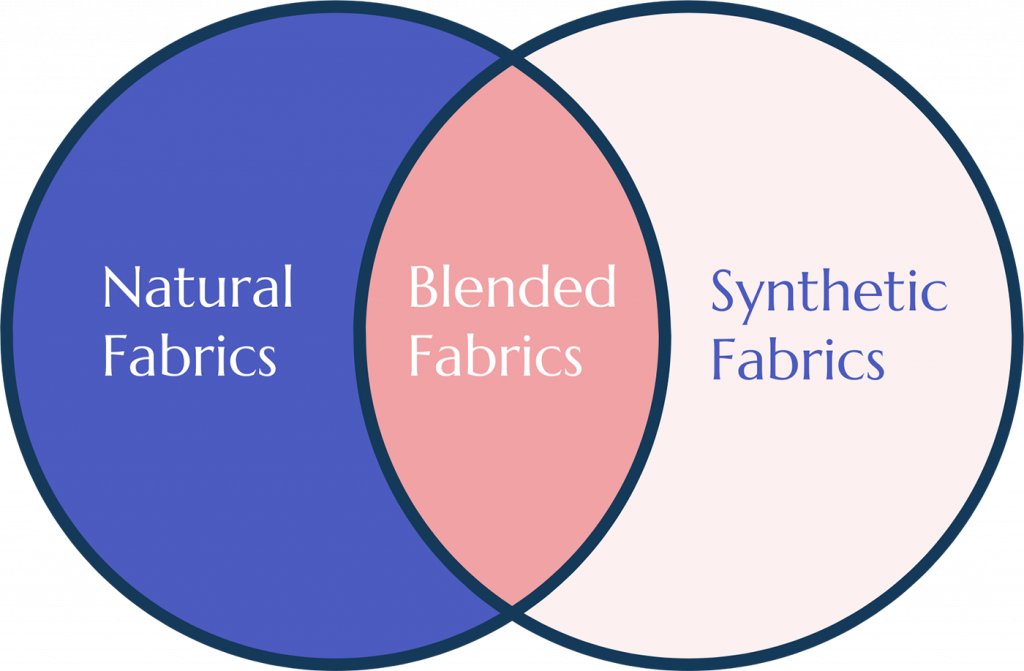
What Is the Best Type of Fabric for Dining Room Chairs?
Here are key factors to consider when selecting the best type of fabric for dining room chairs:
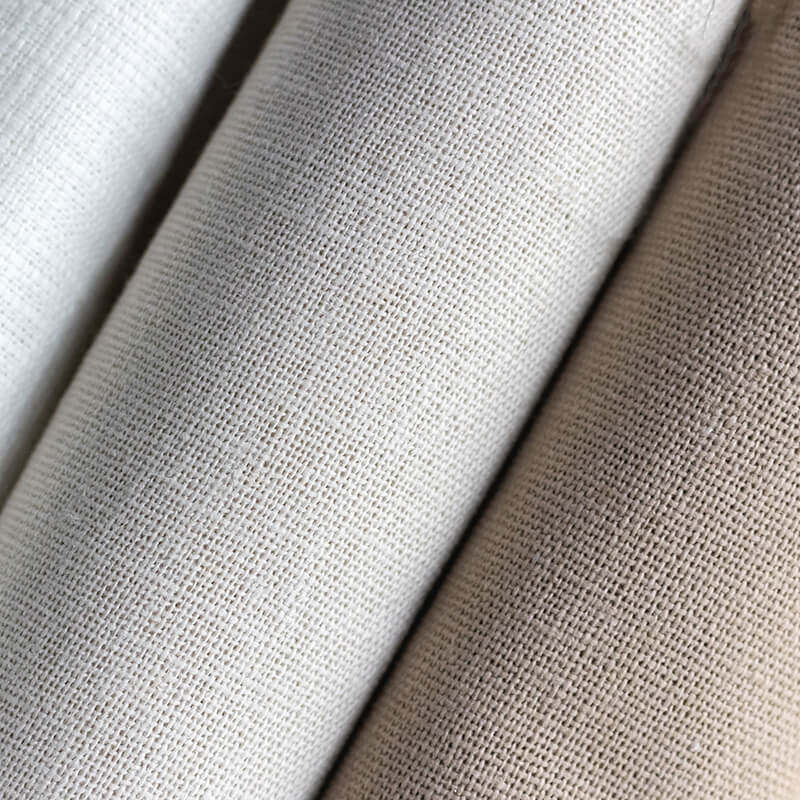
Durability
Durability is paramount for dining chairs that will see daily use.
Natural fabrics like wool and linen offer robustness and longevity, while synthetic fabrics, including polyester and nylon, are known for their resistance to wear, stains, and fading.
Blended fabrics can provide a good middle ground, combining the durability of synthetic fibers with the natural qualities of organic ones.
Maintenance and Care
Consider the ease of cleaning and care for your dining chair fabric. Synthetic fabrics are generally easier to maintain, resisting spills and stains better than natural options. If your dining area is a high-traffic zone, especially with children or pets, opting for a fabric that’s simple to clean and maintain might be wise.
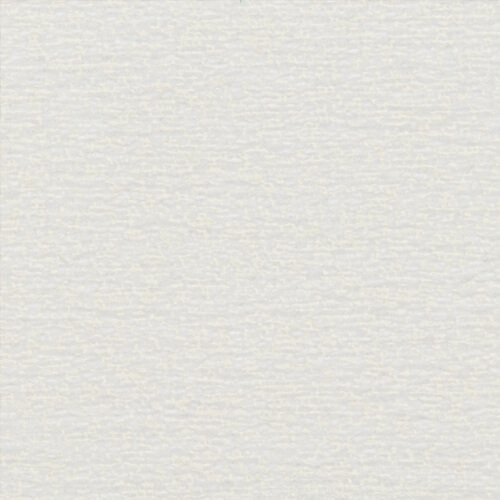
Style and Aesthetics
The fabric you choose significantly impacts the overall look of your dining space. Natural fabrics bring a classic, organic feel to the room, often available in rich textures and deep colors.
Synthetic and blended fabrics offer a wide range of colors and patterns, allowing for customization according to your dining room’s theme and your personal style.
Comfort
Comfort should not be overlooked, as dining chairs are used regularly. Natural fabrics tend to be more breathable, providing a cooler seating option in warm climates.
However, some synthetic and blended fabrics are designed to mimic this breathability while adding increased durability and stain resistance.
Cost
Your budget plays a crucial role in your fabric choice.
- Natural fabrics can be more expensive due to their organic origins and processing methods.
- Synthetic fabrics are often more affordable and offer durability and ease of maintenance, making them a cost-effective option for many households.
- Blended fabrics can vary in price but often provide a balance between the benefits of natural and synthetic materials.
Latest Trends in Dining Chair Fabrics
Now that we’ve explored the various upholstery options, let’s delve into the current trends shaping the world of fabric design. We consulted fabric experts to uncover the latest trends in the industry:
“A lot of fabrics that seem to be popular are our CV Vinyl’s and our plush Crypton’s as they are stain-resistant, but yet soft to the touch, giving a more modern yet luxurious look.”
Gail Freier, a Hospitality Specialist at Momentum Textiles
CV Vinyl, short for Coated Vinyl, is a type of fabric commonly used in various applications, including upholstery and wall coverings. It’s known for its durability, ease of maintenance, and resistance to stains, making it an ideal choice for high-traffic areas such as dining environments. CV Vinyl is manufactured by coating a base layer of fabric with a vinyl compound, creating a strong, flexible, and waterproof surface. This material is particularly valued in design settings that prioritize both aesthetic appeal and functional longevity.
“If a dining chair has an upholstered backrest, then the trend is to choose a different fabric for the back, something with pattern or texture that doesn’t necessarily need to be performance.”
Genevieve Lapp at Folio Fabrics
Explore Our Dining Chairs
We encourage you to explore our diverse selection of dining chairs, where each piece reflects the latest in fabric innovation, comfort, and style.

